Let me begin by confessing that as a teenager, one of my celebrity crushes was Joaquin Phoenix. He’s a talented actor and has played varied and interesting roles, but at the time I’d only ever known him as Commodus in Gladiator. I found him alluring despite him being the villain and despite that villain being cruel and cowardly with incestuous tendencies.
His character wasn’t written with a single ounce of sex appeal. And yet. There is something about teenage girls and the bad boys, isn’t there? Young adult fiction only encourages this – and I really wish it wouldn’t.
He’s dark and mysterious
Common to many a YA novel is a male love interest who’s dark and mysterious and in a position of power. At its most extreme, he’s dark, mysterious and cruel. At its most tame, he’s dark, mysterious and a bit of a loner. Somewhere in the middle, he’s dark, mysterious and troubled. Getting the vibe?

The Cruel Prince
I felt this keenly after listening to the audiobook version of The Cruel Prince, by Holly Black. The trilogy has become a huge hit and Goodreads is full of gushing reviews about how Jude and Prince Cardan are people’s favourite couple ever. It’s one thing to have an enemies-to-lovers storyline. It’s another altogether to have a protagonist who’s attracted to a cruel and violent guy, who behaves cruelly and violently herself, and then to have the two of them fall for each other “despite themselves” because of some wild, irrational chemistry.*
I haven’t read or watched 50 Shades of Grey but it sounds like a similar dynamic there and possibly Twilight if this hilarious review is anything to go by.
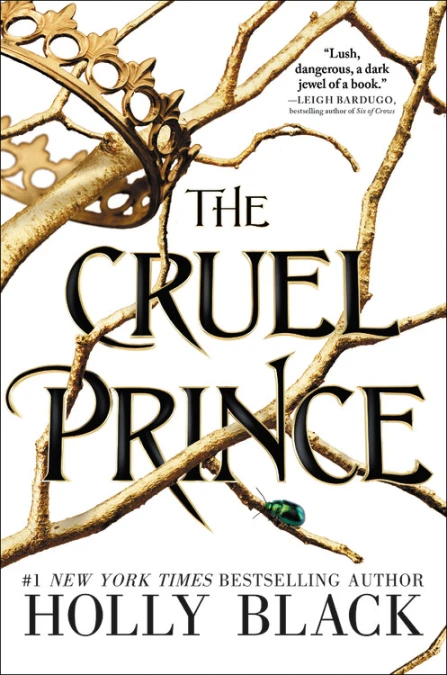
Howl’s Moving Castle
Less extreme but glorifying the same archetype is Howl’s Moving Castle. I read and reviewed the novel when I was in high school but only watched Miyazaki’s anime version this year. To be honest, Howl was a very appealing character – they really nailed “mysterious” with him. I found myself impatient for him to fall for Sophie yet I was also conscious of what a stereotype he was: a powerful loner wizard, distant, moody and selfish, but transformed by the protagonist’s patience and care, which heal the deep wounds of his past.
It’s similar to the good-woman-redeems-troubled-man storyline that we see in Beauty and the Beast (which, to be honest, I happen to love).
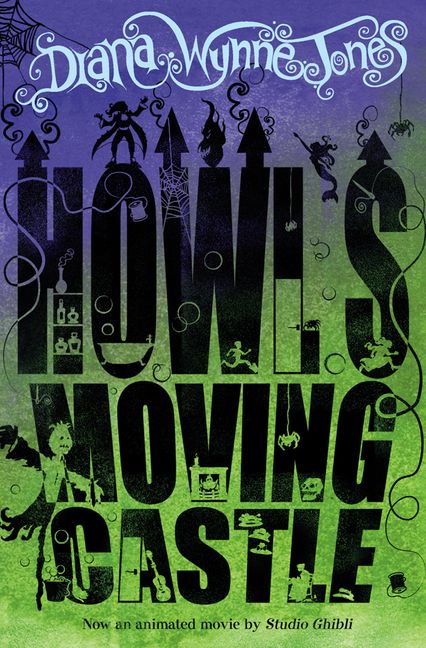
The Divergent Series
In comparison, the dynamic in Divergent is quite tame. I watched the first film adaptation then made the mistake of buying the trilogy in paperback. It’s poorly written and practically soft porn for teens, with some vague societal commentary to dress it up. Theo James as Four is hot; Four as written by Veronica Roth is dull. His main purpose is to be handsome and all over Tris. While never our protagonist’s enemy, he, like the other romantic interests described above, is a charismatic leader with a troubled past.
The love interest in The Obernewtyn Chronicles, my favourite series as a teen, is similarly brooding and even more dull than Four.
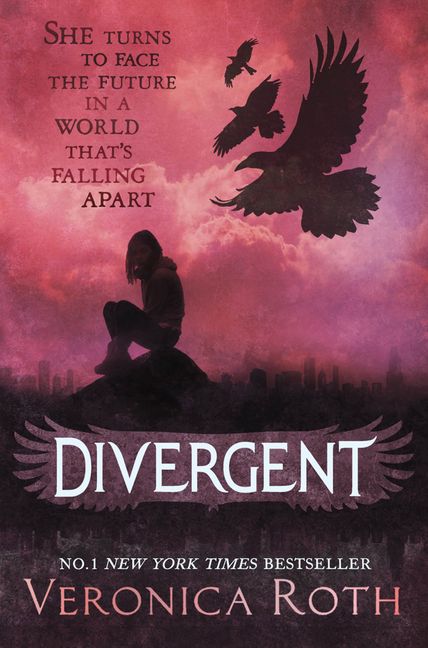
I thought we wanted to empower girls
Dark and Mysterious Dude with Power is a trope that I get – I mean, if I think back to my teenage years and even my recent response to anime Howl, I can understand the attraction. There is something compelling in the idea that love is powerful enough to transform a bad guy into a good guy. And specifically that you, as a woman, might wield such power by so captivating a man.
But this is actually a dangerous idea. It idealises unhealthy relationships and a flawed notion of what being a strong woman means.
The relationships described in the YA novels above assume that the man has truly turned from or overcome his dark past. In real life, it’s not that simple. We all bring baggage into our relationships and his baggage doesn’t disappear like a curse when he falls madly in love with a girl. Nor does hers. It’s likely something they’ll keep having to work through together. And if that baggage involves violence, then she can’t be sure that he’d never hurt her like he hurt others, or hurt her again like he did before.
Embarking on a relationship with Mr Dark and Mysterious is also an unhealthy foundation for a relationship because it sets a girl up as the guy’s saviour. Can you imagine how this could be manipulated by both parties down the track?
He might say, If you leave me, it will destroy me. I’ll go back to being the way I was before.
She might say, How can you do this to me after all I’ve done for you?
That sort of power based on dependency is toxic. Taming a bad man doesn’t make you a strong woman. Saving a wretched man doesn’t make you an empowered woman. Yet this is the message YA fiction sends by elevating this kind of dynamic.
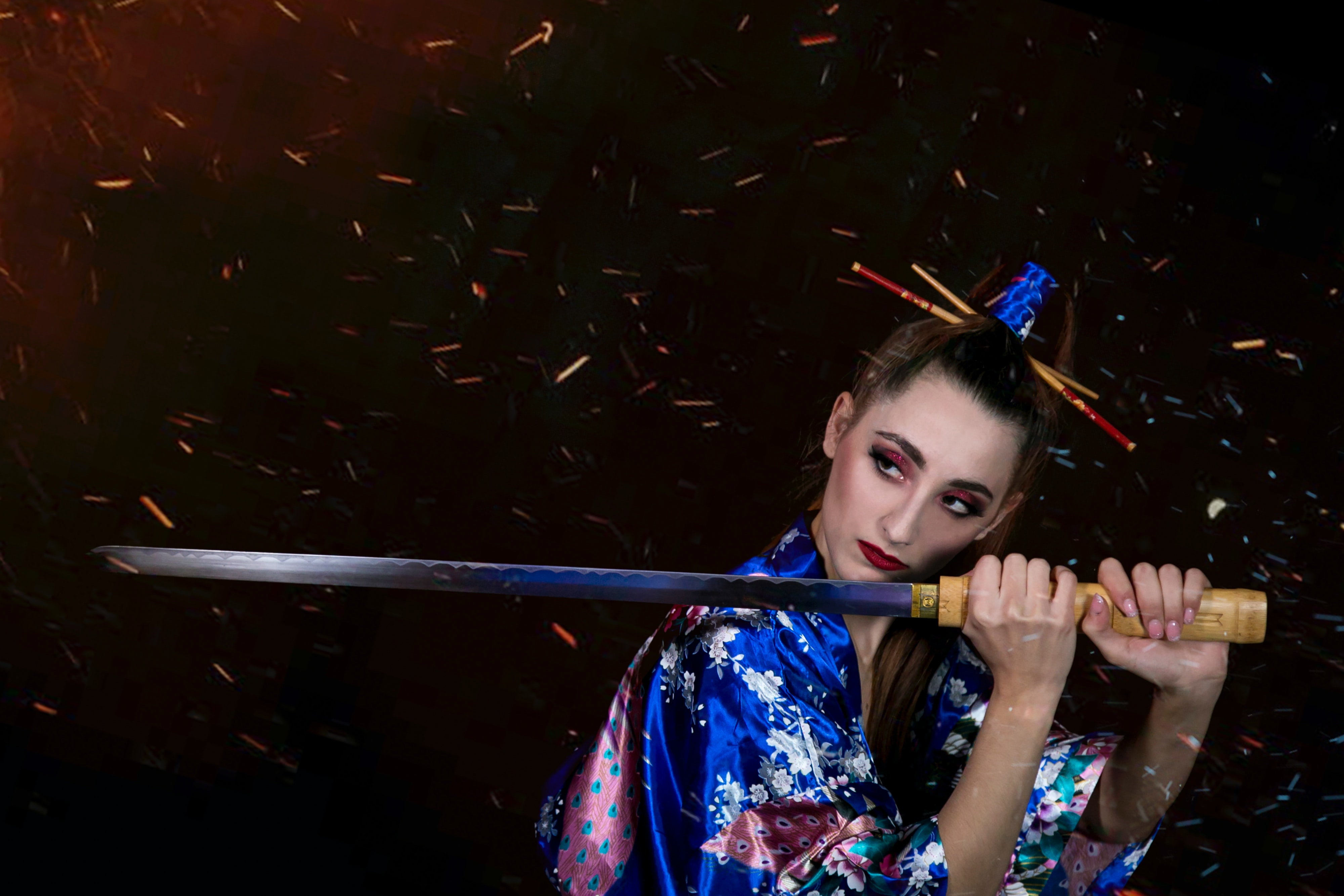
It’s particularly ironic and surprising to see this in recent YA novels like The Cruel Prince, which are otherwise so at pains to portray smart, feisty and brave young women. It’s not enough to portray girls who “aren’t just a pretty face” but who are intelligent, skilful and capable of going toe-to-toe with the guys. I’d love to see female protagonists who are wise, loyal, compassionate – at least by the end of the book. (Heck, I’d love to see male characters who are wise, loyal and compassionate).
Make good guys great again
With a couple more decades under my belt, I can say my dream boy was not my dream man. And thank goodness for that. I probably outgrew Mr Dark and Mysterious somewhere in my early twenties but the thing is, I didn’t have an alternative template.
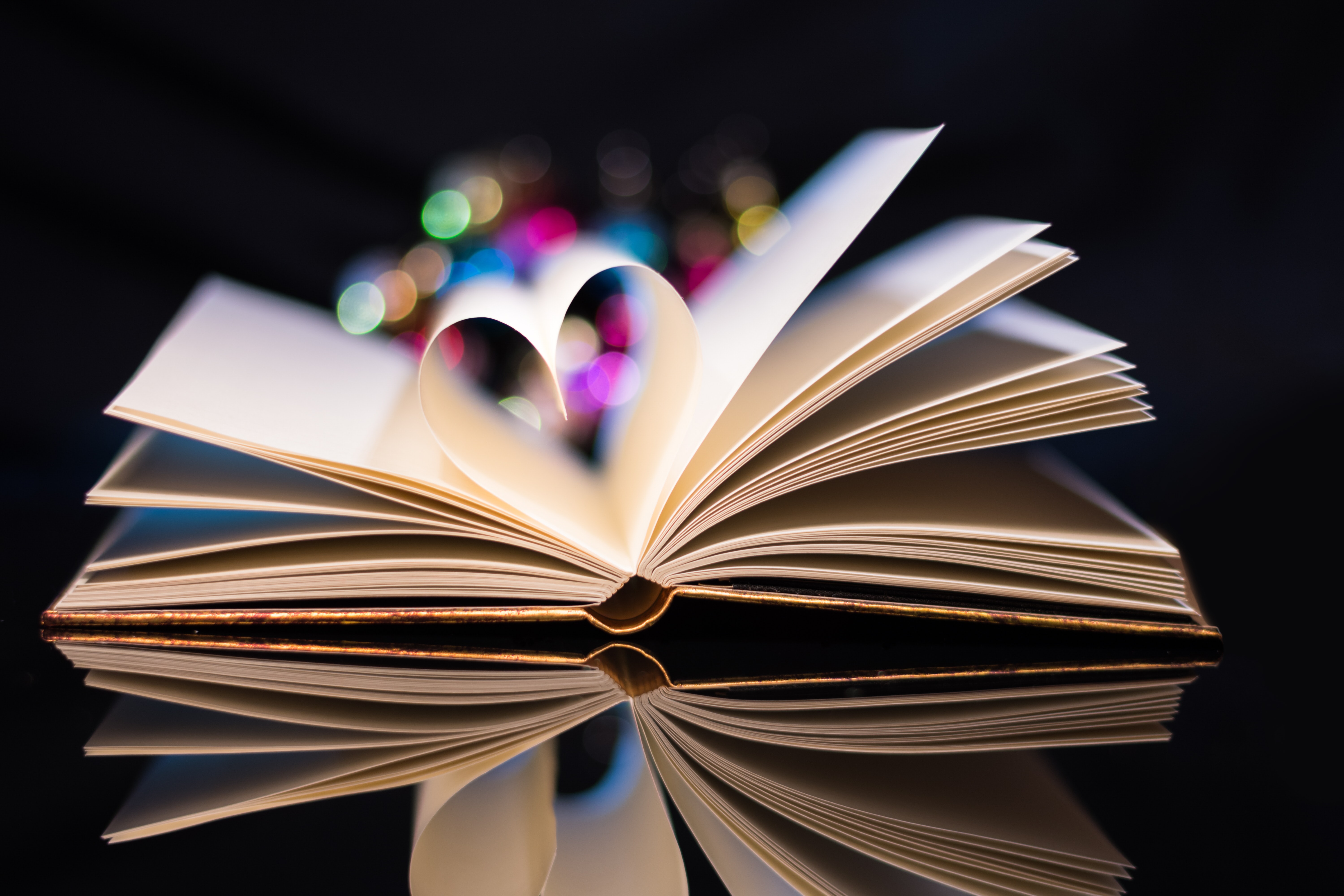
It’s funny but I almost let my now husband pass me by, precisely because he seemed like such a good guy. I never thought I wanted that. I never thought that could be exciting.
But here’s what I’ve learned about good guys, through this one good guy. I can trust him to love, respect and honour me beyond the initial phase of infatuation. There are no games or second-guessing with us. I don’t need to prove myself or show him how strong I am so that he takes me seriously. I am not his salvation and nor is he mine.
And here’s the other thing about good guys. Well, about all guys and gals. There is dark and mystery in each of us – dark and light in each of us imperfect humans. Even the “good” ones. And there is a deep and beautiful mystery in every individual that we have the thrilling privilege of revealing and witnessing through healthy, trusting relationships (romantic or otherwise). That’s exciting and shows that good in no way means boring.
Redeeming romance in young adult fiction
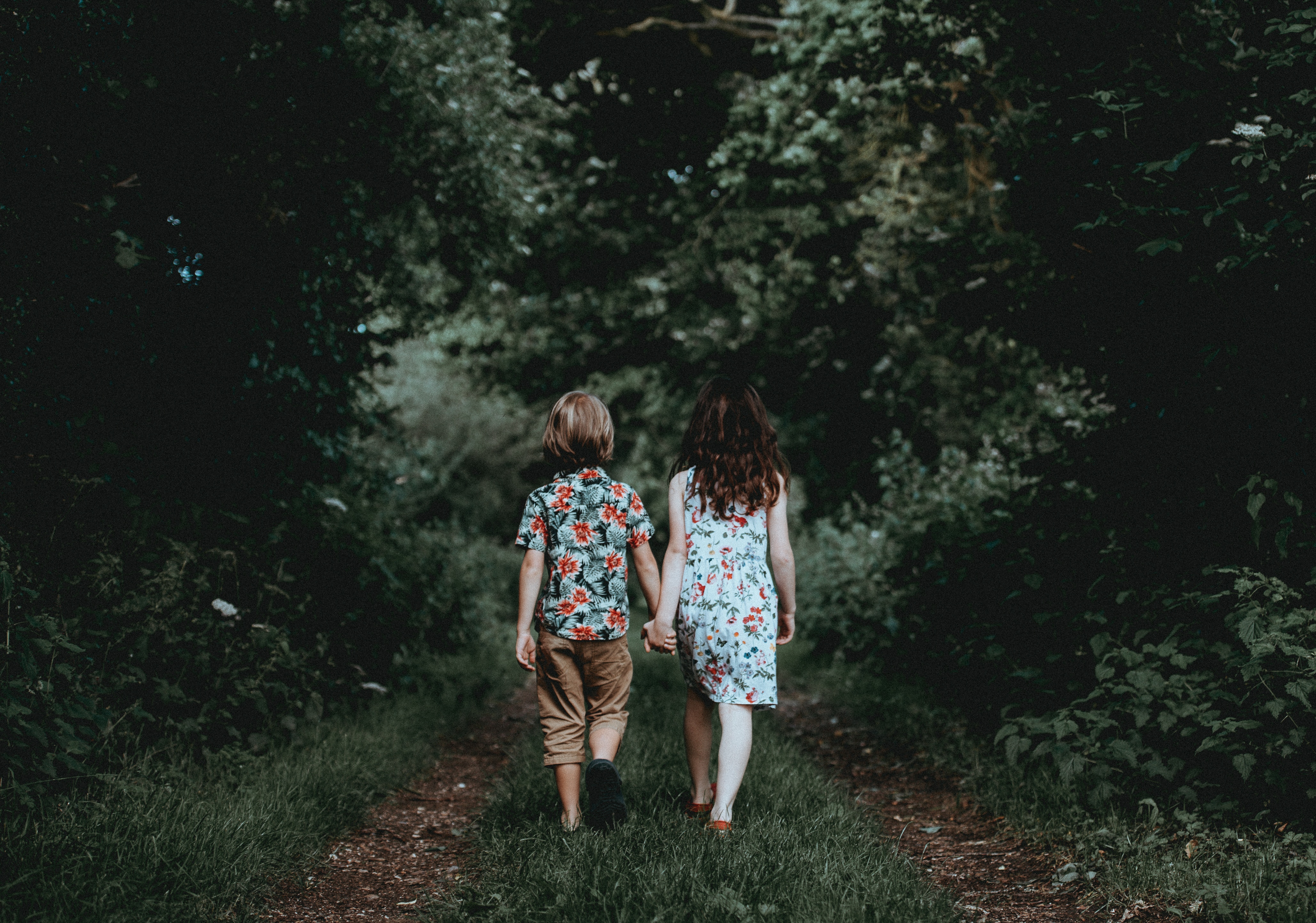
These are all things I would have struggled to comprehend as a teenager. It would have been helpful to have better models in the books I was reading – not just of attractive good guys, but of good relationships. Given that most people start dating in high school, YA fiction should help teens consider what healthy romance looks like. It’s encouraging, then, to see an example of this in a popular series like The Hunger Games trilogy.
I do believe love has a redemptive power. God’s love for humanity through Jesus Christ is the supreme expression of that. I see glimmers of redemption in my own life and my husband’s through our marriage. Wouldn’t it be beautiful to see more realistic and healthy iterations of redemptive love in young adult fiction, too?
Postnote: For the record, my other teenage celebrity crush was Keanu Reeves, so I’m not a total freak okay? Also for the record, I still love Keanu Reeves. What a guy.
*For a more comprehensive takedown of The Cruel Prince, see this blog. It’s good.
Header image: Thomas Bjornstad.

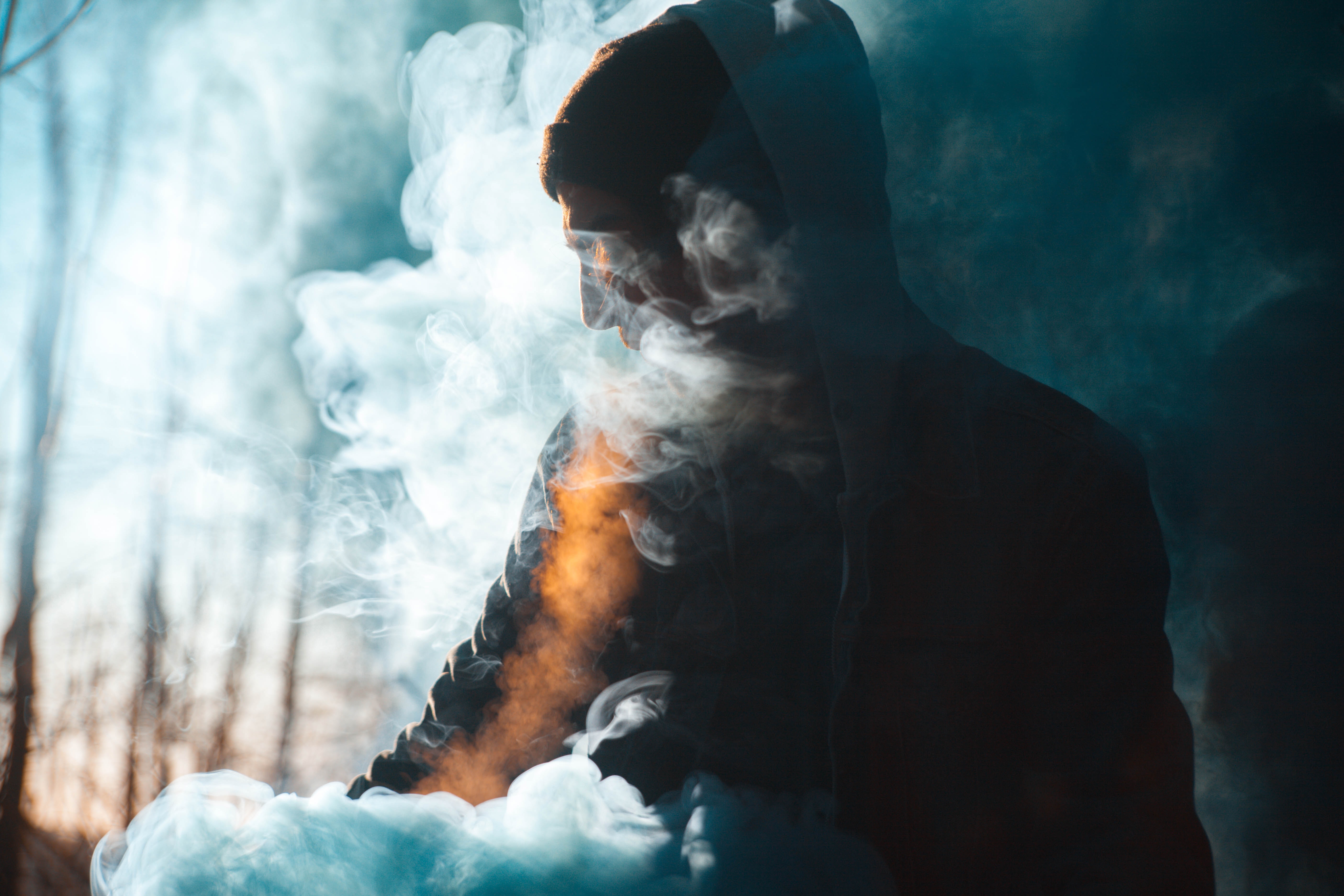

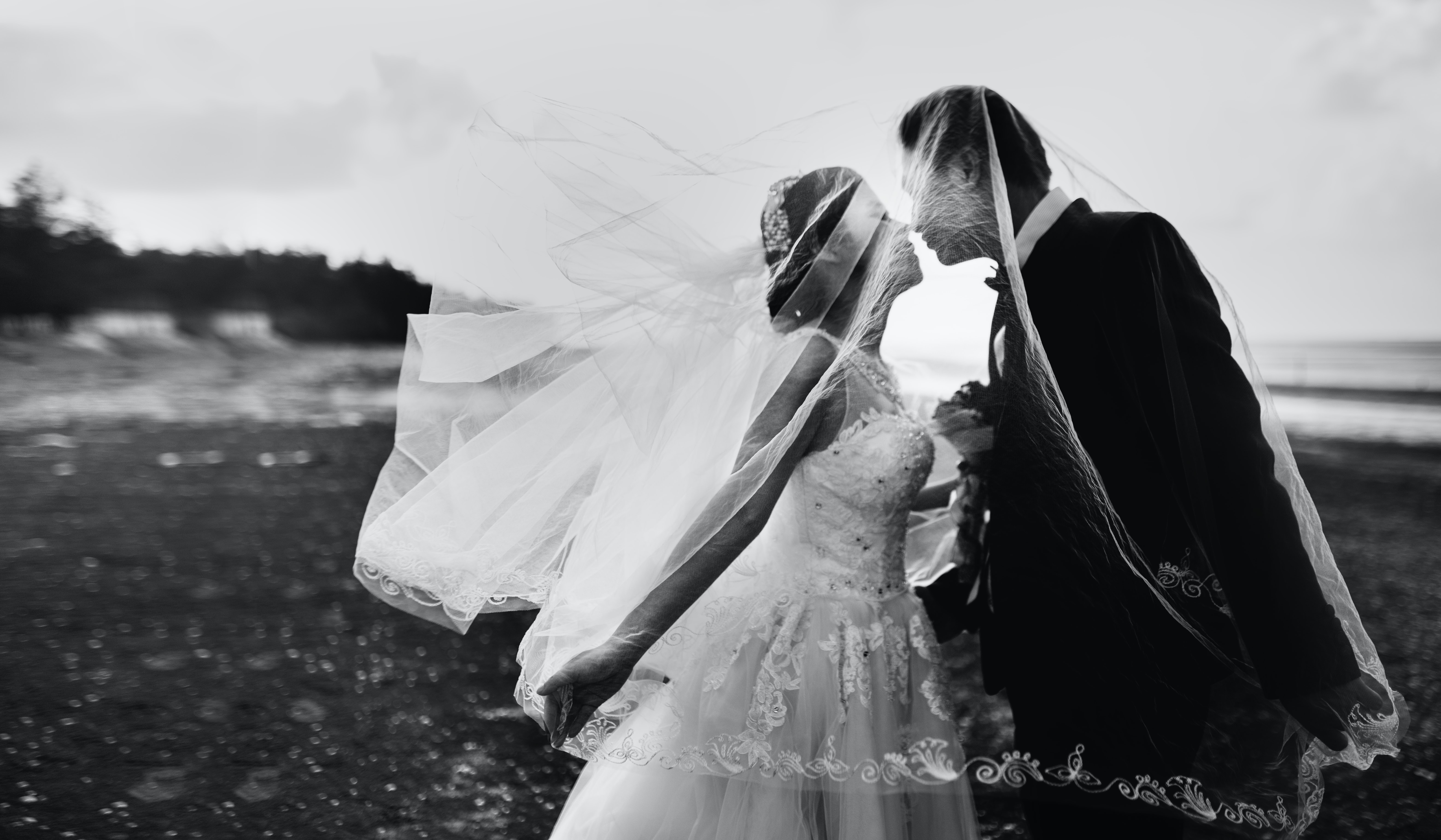

2 comments
Thank you for writing this! It needs to be said – young adults need to see healthy happy relationships in their novels, and not grow up believing that emotional abuse is love. Super great read.
Thanks for the encouragement? Glad we are on the same page and I so appreciated your blog post about The Cruel Prince!